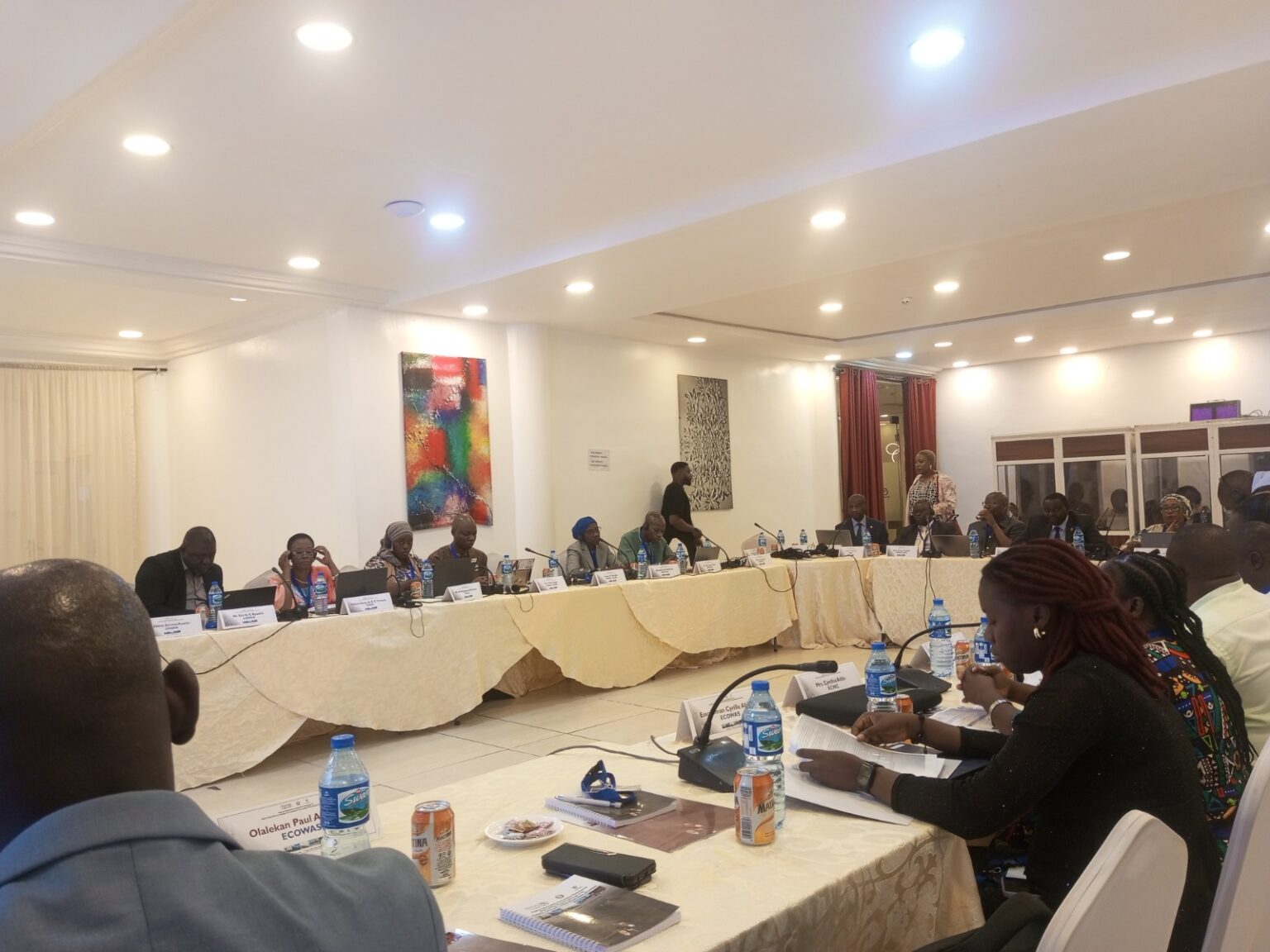The Economic Community of West African States (ECOWAS) has resumed efforts to finalise its long-delayed Regional Blue Economy Strategy with a high-level consultative workshop held on Monday in Abuja.
The meeting brought together officials from member states, regional bodies, and continental institutions to review and validate the draft strategy, which has remained on hold since its initial development in 2022.
The blue economy which covers fisheries, aquaculture, maritime transport, ocean conservation, and climate adaptation is considered a critical driver of sustainable growth for West Africa. The first draft was developed under the Programme for Improved Regional Fisheries Governance in Western Africa but stalled following administrative delays.
Speaking at the workshop, Djiga Thiao, ECOWAS Programme Officer for Fishery Development and Focal Person for Blue Economy, highlighted the urgency of policy alignment across sectors. Delivering remarks on behalf of outgoing Director of Agriculture and Rural Development, Alain Traoré, she described marine and water resources as “crossroads of many sectors” and stressed the need for harmonised policies to maximise benefits.
Thiao admitted that the draft strategy had been dormant since the end of the PESCAO project in 2022 but said it remains a top priority. “The Commissioner wanted this blue economy strategy to be one of ECOWAS’ biggest legacies,” she noted, adding that the process would continue under new leadership at the Commission.
The African Union also pledged its backing. Speaking virtually, AU Blue Economy Advisor Linda Etta reaffirmed the AU’s commitment to supporting member states and regional blocs in translating strategic ambitions into concrete results. She said initiatives such as the ECOWAS regional strategy are vital for policy harmonisation, sharing best practices, and mobilising investment.
Dr Mohammed Seisay, a Blue Economy Expert with the AU-InterAfrican Bureau for Animal Resources (AU-IBAR), cited recent support to Burkina Faso in developing its national blue economy strategy and confirmed that AU-IBAR is extending similar assistance to other countries and regional organisations.
Delegates at the Abuja workshop included representatives of AU-IBAR, the African Union Commission, the Fisheries Committee for the West Central Gulf of Guinea, national officials from ECOWAS states, and technical experts working on the strategy’s finalisation.




